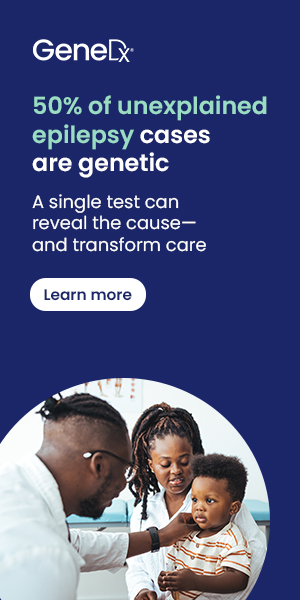The U.S. Food and Drug Administration (FDA) has given accelerated approval to Vijoice (alpelisib) for the treatment of patients 2 years of age and older with severe manifestations of PIK3CA-Related Overgrowth Spectrum (PROS) who require systemic therapy.
Continued approval will likely be contingent upon additional studies that will confirm the clinical benefit of the orphan drug in PROS patients.
PROS is a group of rare congenital disorders that lead to the overgrowth of parts of the body. PROS is caused by mutations in the PIK3CA gene, which are usually somatic and mosaic. Specific disorders under the umbrella of PROS include:
- Fibroadipose hyperplasia,
- Hemihyperplasia multiple lipomatosis (HHML),
- Congenital lipomatous overgrowth, vascular malformations, epidermal nevi, scoliosis/skeletal and spinal (CLOVES) syndrome,
- Macrodactyly,
- Fibroadipose infiltrating lipomatosis,
- Megalencephaly-capillary malformation (MCAP)
- Dysplastic megalencephaly (DMEG) [GARD, Keppler, Bernhard]
While characteristics like congenital- or early childhood-onset overgrowth, sporadic occurrence, and mosaic distribution are hallmark of PROS, clinical presentation can vary greatly between disorders. For example, CLOVES syndrome and fibroadipose hyperplasia are associated with segmental overgrowth, lipomatous in nature; epidermal nevi; and skeletal abnormalities such as scoliosis and macrodactyly, while MCAP is associated with localized overgrowth, namely megalencephaly or hemimegalencephaly, which are themselves associated with hypotonia, seizures, and intellectual disability. As PROS has varied clinical presentations, it requires individualized management strategies, ideally led by a multidisciplinary team.
Currently established treatment modalities include surgical (e.g., corrective surgery, lesion debulking, amputation) and interventional approaches (such as embolization of vascular malformation) or a combination of both. Alpelisib is the first medication approved to manage patients with PROS by inhibiting the PI3K pathway, predominantly the PI3K-alpha isoform.
FDA approval was largely based on real-world evidence from EPIK-P1, a retrospective chart review study that showed patients treated with alpelisib experienced reduced target lesion volume and improvement in PROS-related symptoms and manifestations. The primary endpoint analysis conducted at week 24 showed 27% of patients (10/37) achieved a confirmed response to treatment, defined as 20% or greater reduction in the sum of PROS target lesion volume. Also, 74% of patients showed some reduction in target lesion volume and no patients signs of disease progression during the study. Additionally, improvements in pain (90%), fatigue (76%), vascular malformation (79%), limb asymmetry (69%, 20/29), and disseminated intravascular coagulation (55%) were reported.
The most common adverse events (AEs) of any grade were diarrhea (16%), stomatitis (16%), and hyperglycemia (12%). The most common grade 3/4 AE was cellulitis (4%); one adult case was considered treatment-related.
To stay abreast of the latest news, sign up to our newsletter at https://checkrare.com/sign-up-for-our-newsletter/

